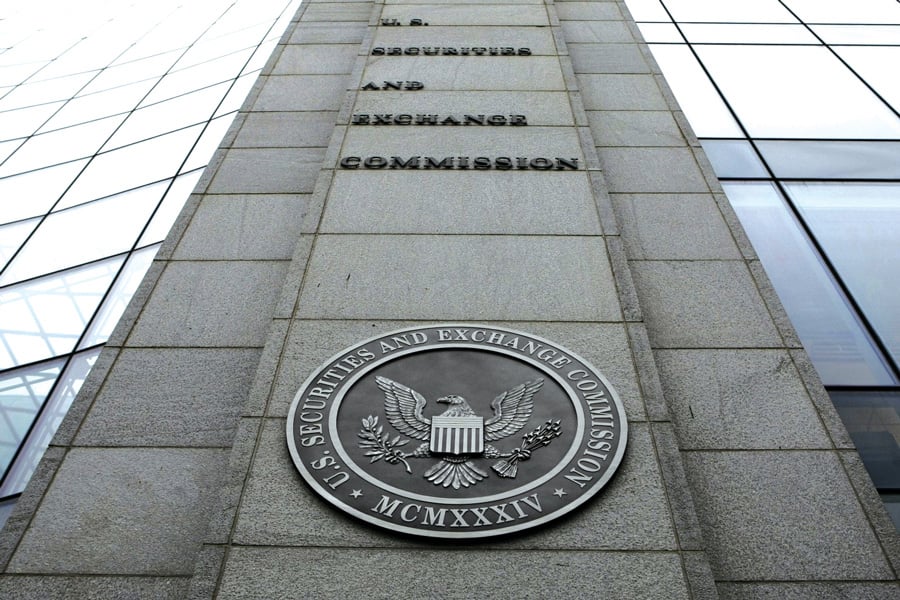

Crypto advocates will have to wait a while longer for the U.S. regulator’s decision on Bitcoin exchange-traded fund approval as applications pile up.
The U.S. Securities and Exchange Commission said in a filing Wednesday that the agency is pushing its decision on whether to “approve or disapprove, or institute proceedings to determine whether to disapprove” the structure to June 17.
The delay comes a day before the SEC was due to rule on an application from VanEck Associates Corp., one of at least 11 issuers weighing a Bitcoin ETF, according to Bloomberg Intelligence.
Optimism has been building that after nearly a decade of efforts, the SEC may finally approve a Bitcoin ETF launch this year. Underpinning that conviction is new SEC Chairman Gary Gensler, who’s seen as more open-minded toward crypto than his predecessor Jay Clayton. However, Wednesday’s filing suggests that the agency is proceeding cautiously.
“It sounds like they just want to take a deeper dive into the product before giving a firm decision, which is probably the best course,” said Mohit Bajaj, director of ETFs for WallachBeth Capital. “They want to ensure the end customer is not at any unknown risks.”
VanEck’s application is one of three filings acknowledged by the SEC, meaning it has a limited amount of time to either approve or reject the proposals.
“We hope that the commission approves Bitcoin ETFs and recognizes that VanEck submitted the earliest active 19b-4 among all issuers,” said Gabor Gurbacs, director of digital asset strategy at VanEck. “A Bitcoin ETF isn’t controversial anymore.”
Bitcoin has skyrocketed 88% so far in 2021, building on last year’s 305% surge. Though hopes are riding high for Bitcoin ETF approval this year, Wednesday’s delay isn’t discouraging for the crypto community, said ProChain Capital’s David Tawil.
“They will eventually reach a positive conclusion that will allow for the ETF launch to go forward. It’s just taking a bit longer,” said Tawil, the firm’s president. “To allow the SEC more time go ahead and get comfortable, I think that’s OK. I don’t think anyone should see it as a major threat.”

Firms announce new recruits including wirehouse breakaways.

"QuantumRisk, by design, recognizes that these so-called “impossible” events actually happen, and it accounts for them in a way that advisors can see and plan for," Dr. Ron Piccinini told InvestmentNews.

Advisors who invest time and energy on vital projects for their practice could still be missing growth opportunities – unless they get serious about client-facing activities.

The policy research institution calculates thousands in tax cuts for Washington, Wyoming, and Massachusetts residents on average, with milder reductions for those dwelling in wealth hotspots.

Yieldstreet real estate funds turned out to be far riskier than some clients believed them to be, according to CNBC.
Orion's Tom Wilson on delivering coordinated, high-touch service in a world where returns alone no longer set you apart.
Barely a decade old, registered index-linked annuities have quickly surged in popularity, thanks to their unique blend of protection and growth potential—an appealing option for investors looking to chart a steadier course through today's choppy market waters, says Myles Lambert, Brighthouse Financial.
